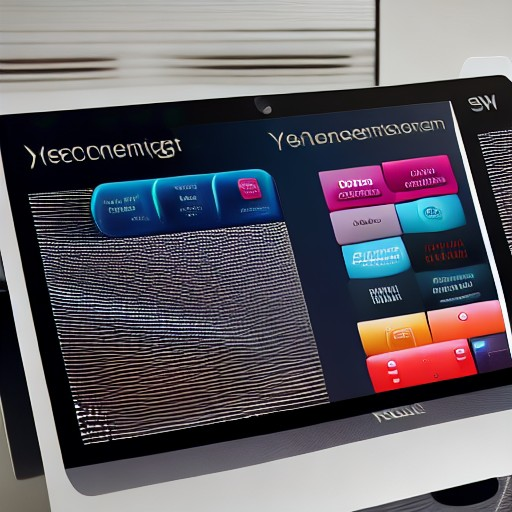Understanding the Technology behind Facial Recognition
Facial recognition technology has become increasingly prevalent in recent years, with applications ranging from security and law enforcement to marketing and personal devices. But how does this technology work, and what are the implications of its use?

The Basics of Facial Recognition
Facial recognition technology uses algorithms and machine learning to analyze and compare patterns in facial features, such as the distance between the eyes, the shape of the jawline, and the position of the nose and mouth. These patterns are then matched against a database of known faces to identify or verify individuals.

The Potential Uses of Facial Recognition
Facial recognition technology has a wide range of potential applications, from enhancing security and surveillance to improving customer experiences in retail and hospitality. However, there are also concerns about the potential for misuse, such as the use of facial recognition for mass surveillance or racial profiling.

The Risks and Limitations of Facial Recognition
Facial recognition technology is not foolproof and has limitations, such as difficulty in recognizing faces with certain features or in certain lighting conditions. There are also concerns about the accuracy and bias of facial recognition algorithms, which can lead to false positives or negatives.

Conclusion
Facial recognition technology has the potential to revolutionize many aspects of our lives, but it also raises important ethical and privacy concerns. As this technology continues to develop, it is important to carefully consider its use and potential impact.